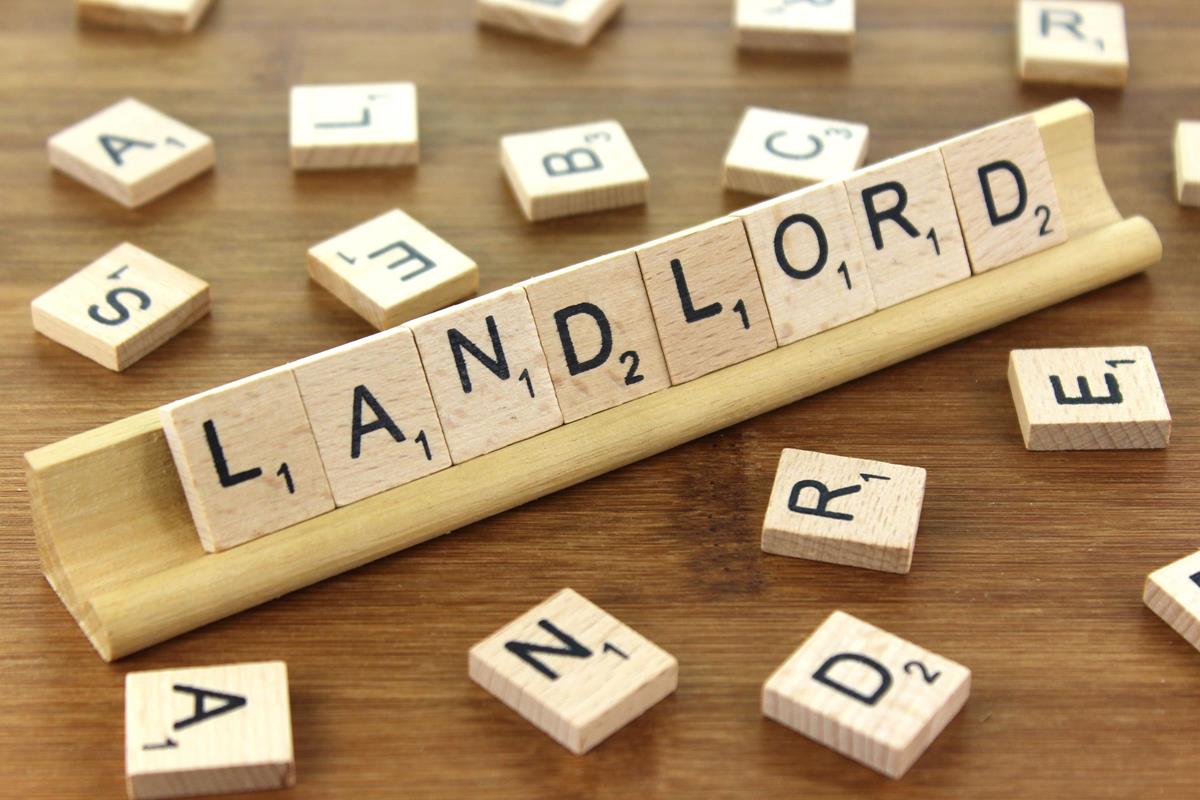
Table of Contents
Landlord
What is a Landlord?
A landlord definition can be described as a person, company, and entity that owns a particular piece of Land. Also known as the landowner, a landlord has the full right to the property. They have the ownership title of the property. A landlord can decide to use the land they own for residential or commercial purposes. For example, they can reside in this property with their family or use it as a rental property that is given to the tenants in return for a monthly or annual rent. The person who uses the property owned by the landlord is known as the leaseholder.

The landlord is responsible for the property maintenance and repair services as long as the tenant is using the land. Tenant, on the other hand, must take care of basic maintenance and cleaning. Basically, a Lease or property agreement is signed between the landlord and tenant. This contract specifies all the terms and conditions, both parties are supposed to follow until the termination of the deal.
The Rights of Landlord and Tenants
Mostly, landlords purchase properties for profits. The main benefits the landlord enjoys are the ownership title of the piece of land they own as well as the monthly rental Income they collect from the tenants. Real Estate and property investment are competitive markets. The price of the land keeps increasing. The responsibilities and obligations of the landlord could vary from region to region.
However, most laws concerning the landlord’s duties are the same in almost every state. The landowner of the property is allowed to get rent for the property that they have been used for commercial purposes. If they have given the property to the tenant, then the landlord can collect rent every month. The landlord could raise the lease or rent amount according to their requirements. However, they must include a clause regarding the rental payment increment in the lease agreement. Landlords can evict the person using their land if the monthly rent is not paid on time.
Talk to our investment specialist
Lease Agreement
The lease agreement must be drafted before the tenant and landlord accept the deal. The agreement must also specify all the terms concerning the rights of the tenants as well as landlords. It guarantees the landlord steady rental payments every month, while the tenant gets the right to use the property for the desired purpose.
The landlord also needs to maintain the property and keep it in tip-top condition. They may need to organize a property inspection and repair services before the new tenant moves in. Should the tenants face the electricity, gas, plumbing, and other such issues, they can ask the landlord to get the problems fixed. One of the major advantages of the landlord is the steady flow of income every month. They only need to find a reliable tenant for their property. That’s it! The tenant will pay rent every month for using the land. The landlord can also sell the property when its value increases.
All efforts have been made to ensure the information provided here is accurate. However, no guarantees are made regarding correctness of data. Please verify with scheme information document before making any investment.




